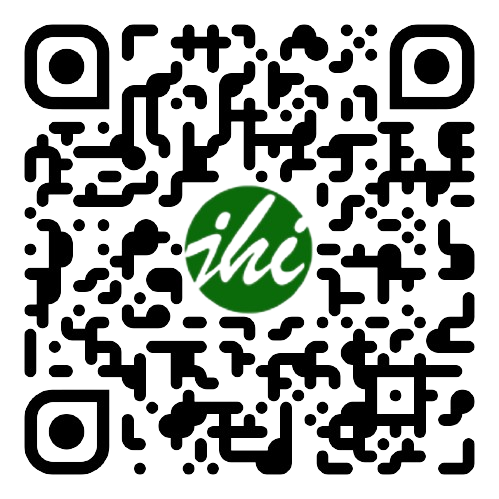Maqasid Al-Syari’ah Mazhab Syafi’i dan Urgensinya dalam Ijtihad Kontemporer
DOI:
https://doi.org/10.28918/jhi.v16i2.1737Abstract
This paper explores the aspect of maqasid al-shari’ah in the Shafi’i madhab (school of Islamic jurisprudence) and the urgency of the maqasid al-shari’ah (Islamic law objectives) of the Shafi’i madhab in the ijtihad (independent reasoning) of contemporary Islamic law. A qualitative descriptive approach was designed in this literature study. The present study promotes that the aspect of maqasid al-shari’ah in the Shafi’i madhab can be noticed in qiyas (analogical reasoning). The Shafi’i madhab concerns al-Juwaini’s (a prominent Sunni figure) ideas and thoughts to classify al-maslahah al-daruriyyah (primary interests), al- hajiyyah (secondary interests), and al-tahsiniyyah (complimentary interests). Likewise, al- Ghazali’s (another influential Mulism jurist) views on about al-daruriyyah al-khams (five categories of primary interests) in al-Mustasfa, his greatest work of the law, becomes the basic guideline on the Islamic law issuance in this school of thoughts. Maqasid al-shari’ah, the foundation for ijtihad, in the Shafi’i madhab is employed when a new issue has no legal considerations at all in the past and needs to possess a legal certainty, or there has been a decision, but it requires re-ijtihad since the legal decision does not confirm the current conditions. Additionally, the re-ijtihad is also attempted due to different aspects of public interests/benefits. It, therefore, needs a new consideration that differs from the previous law.
Downloads
Published
How to Cite
Issue
Section
License

This work is licensed under a Creative Commons Attribution-ShareAlike 4.0 International License.
Jurnal Hukum Islam use a variety of waivers and licenses that are specifically designed for and appropriate for the treatment of data:
- Open Data Commons Attribution License, http://www.opendatacommons.org/licenses/by/1.0/(default)
- Creative Commons CC-Zero Waiver, http://creativecommons.org/publicdomain/zero/1.0/
- Open Data Commons Public Domain Dedication and License, http://www.opendatacommons.org/licenses/pddl/1-0/
Other data publishing licenses may be allowed as exceptions (subject to approval by the editor on a case-by-case basis) and should be justified with a written statement from the author, which will be published with the article.













.png)














